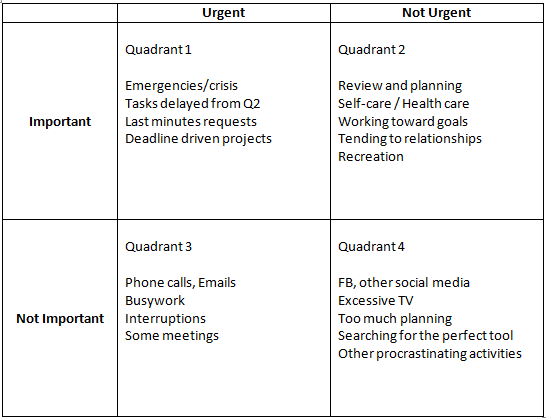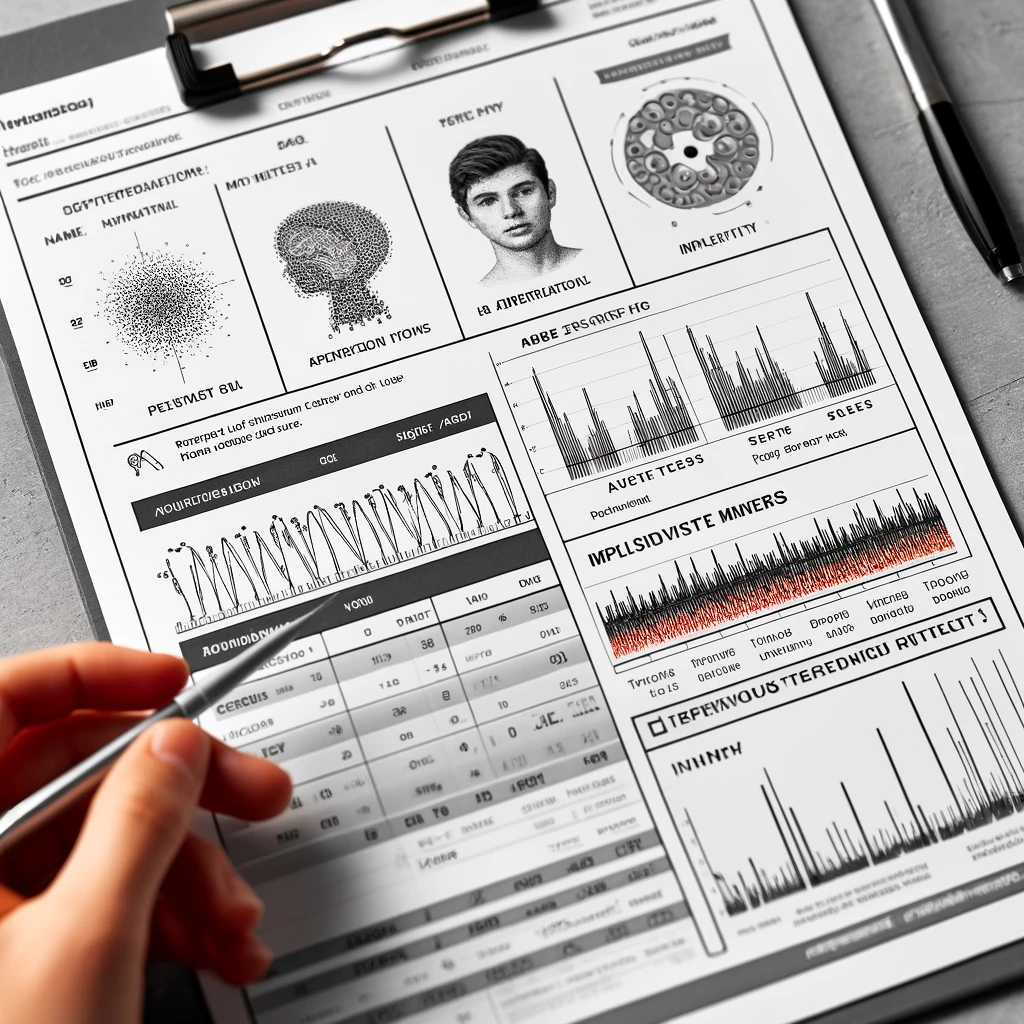ADHD and procrastination
Procrastination and ADHD

ADHD and task initiation
If you have adhd, you more than likely struggle with beginning tasks that are boring, overwhelming or difficult.
The first step to coming up with a plan for helping yourself with this issue is to understand why you have this problem. It's not because you are lazy, stubborn, or stupid. It's because your brain is different. You share this is common with many other people, and everyone who has adhd. Knowing this helps you practice self compassion.
It is crucial for you to understand how your brain works in order to help yourself with procrastination.
ADHD, procrastination, and motivation
Adhd is a disorder of executive functioning(EF). Executive functioning is needed to get just about everything done in every arena of life including work home and school. One crucial area of executive functioning that is impacted by adhd is motivation.
Motivation consists of the following things
- Initiation It's what we need to get going on something, stop procrastinating and see it through. We need to have the initiation to get started without direction or executive reminding.
- Time management You need to be able to do things on time. You need to correctly estimate how long the steps of a project are going to take, and you need to avoid procrastination along the way.
- Sustaining of attention You need to be able to manage your attention and resist distraction.
- Goal oriented persistence You need too understand how to set a goal, stay focused on that goal, and be able to return to the task when things throw you off coursethat are unexpected.
All of these things are compromised in people with adhd. You can learn more about what adhd is by clicking on this link. As a result, people with adhd suffer in many areas of their lives. If you have adhd, it's important to understand that the things you struggle with are hard, because of your deficits in EF not because of poor choices you make.
Some facts about Procrastination and ADHD

- People with ADHD experience a deficit of executive functioning (EF) skills.
- These skills unfold developmentally, not linearly, so that children may be at a particular disadvantage and young adults.
- When a task is unrewarding or uninteresting, it becomes much more challenging for you to get started on it.
- Dopamine is a neurotransmitter. It controls reward satisfaction and attachment. The less dopamine someone has, the more difficulty someone has started on things you don't perceive as rewarding. This influences the process of getting started on activities, particularly on complex tasks. It also impacts their experiences of feeling rewarded and satisfied. People with ADHD have lower amounts of dopamine in their brains.
- If the ADHD brain doesn't get immediate satisfaction or a fundamental understanding of the long-term benefit of doing something, it will be hard to muster up the ability to care
One thing we know is that interest dramatically improves motivation in people with ADHD.
ADHD brains need for things to be engaging for things to get accomplished
BUILD extrinsic motivation and nurture intrinsic motivation.
Incentives are more important than any punishment or shame.
Remember, you are not engaging in the behavior by choice but because your brain works in a particular way. Now that you know it, you need to learn skills to work with your brain. Punishing and shaming yourself will never help create the skills but will lead to depression and immobilize you.
Note: Punishments don't work for children with ADHD for the same reason. All they learn to do is lie and sneak to avoid it, and they develop a deep sense of shame.
CREATE INCENTIVES and USE REWARDS in Order to get Started and Build Motivation

PLAN for the OVERWHELM to Keep Going: Break it Down Smaller and Smaller While Increasing the Rewards
When you have a big project or task, ask yourself "What will I do when I feel overwhelmed?"
Write down everything that the project entails and make a map of how to get there. Anticipate that you will get overwhelmed and ask yourself "How will I reduce my overwhelm when it comes up?"
One such way is to reduce your work load to smaller and smaller increments until you feel less overwhelmed.
- For example work only for 15 minutes on a task and then take a five minute break. Specifically list what you will do during that time and reward yourself with something specific.
- Then plan to work for 25 minutes and take a longer break substantially increasing the reward each time you lengthen the amount of time you are spending on the difficult task.
- The more you work the more substantial the goal!
- List what you are working on, figure out your approach, make a clear map and know what you are working on.
- REMEMBER: Assess all the tasks you will need to do and know where you are going. Get help from a loved one if you are overwhelmed get stuck or need help prioritizing.
TIP :Figure out what helps you to do your difficult tasks. If it is music or something else gamify things in a way that helps you get it done.
Prioritizing/Improving Time Management can Reduce Overwhelm
Procrastination is often related to the size of the amount of overwhelm you are feeling. If you are overwhelmed, it is because something feels too big or complicated. You may also have the mindset, "If I don't try, I can't fail".
TIP: Figure out what helps you to do your complex tasks. If it is music or something else, gamify things in a way that enables you to get it done.

- "Urgent and Not Important" Quadrant because of their difficulty with time management and prioritization.
- "Urgent and Important Quadrant" because of their problem with procrastination.
- "Not important and not urgent quadrant" to deal with the stress that mismanagement of time creates from spending too much time in the wrong quadrants and get hits of dopamine.
Use Backwards Design to Decrease Obstacles
Backwards design is helpful because it helps you to first to visualize successfully meeting your goal. Then, you work backward to estimate time and determine how long something might take and develop your plan. It begins provide extra help for you in your brain where you struggle with your executive functioning skills.
I have to leave at 8 what time to a need to get up?
- I need to eat breakfast that takes 20 minutes
- I need get dressed that takes 10 minutes
- I also need to check my email that 10 minutes
- I like to check my phone that takes 15 minutes
- In total that will take 55 minutes
- I need to get up at 7:05
- I should set leaving alarms at 745, 750 and 755
- I should Set alarms 5 10 and 15 minutes before you have to leave if you are late.
Other Tips to Helping with Motivation and Procrastinating
- Routines and structure are important and can foster persistence when you would otherwise be avoiding and procrastinating.
- At the end of the day write down things you did that you feel good about. Celebrate them.
- Practice setting small manageable goals with rewards
- Remember to plan , schedule and use backwards design to estimate time. If you are struggling ask for help from friends or family with this process.
- Mistakes with this process are how you learn.
Create a Motivation Plan for Yourself to Help you Get Things Done
It can be helpful when you are struggling to create a specific motivation plan with concrete elements and post it in a place where you can adjust it.
Use the strategies above to help with all aspects of your motivation:
- Getting started
- Time management
- Goal oriented persistence
- Planning for overwhelm
- Rewards and incentives
Years of negative feedback make you extra sensitive and you can expect that you will experience many challenges when you specifically address working on your procrastination. Stay positive and continue to modify your plan.
Learn more about adhd on these pages
adhd and college accomodations
References
Most of this information was taken from a webinar I attended with Sharon Saline.
Saline, Sharon (2018,November 17) Let’s Get Started: How You Can Get Stuff Done – with Sharon Saline, Psy.D. in 2018 ADAA webinar series
Medical information obtained from this website is not intended as a substitute for professional care. If you have or suspect you have a problem, you should consult a healthcare provider.


